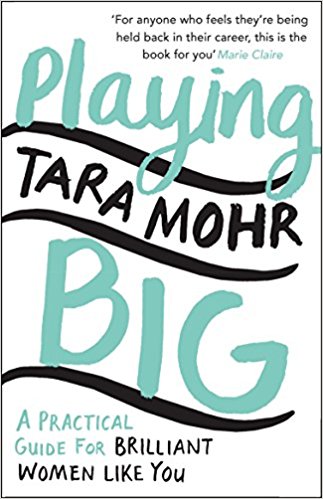And even though some of these challenges begin at specific dates, you can always decide when YOUR challenge is going to start. Or look for people who want to do it with you. Or Google alternatives.
3. Don't break the chain.
The same thing always happens...
I start a new book or decide to write a chapter every day for a month (especially during November for National Novel Writing Month) and I keep going pretty steady for the first couple of weeks. But then the minute I fall behind or feel like I don't want to write, it gets so hard to put words down on that paper.
So one day I decide, it's not a big deal, I'll catch up the next day.
Noooooooooooooooooooooooooooo.
This is where you break the chain! If you break your habit for even one day, trust me, you won't be able to go back to it. Your brain will try to trick you into thinking it's not a big deal, you'll catch up, but nobody ever catches up.
So figure out a way to keep up your habit every day.
If it helps, set alarms. Or ask a friend to check on you. Or buy one of those annoying apps that asks you for money when you break your promise.
Do whatever it takes to stick to the daily habit.
And if you do break the chain, maybe accidentally, maybe not, don't be hard on yourself and get back to it. The minute you get hard on yourself your brain stops wanting to create, so shrug and forgive yourself, and go back to creating. That's why I've been able to do 40 days of #100DaysofFlashFiction, so far.
4. Try this "hack."
If you're just as much a rebel as I am, it's difficult to keep any habit you're not totally crazy about... whether you're supposed to keep yourself accountable or someone else is. And no matter how hard you want to keep your new, better habit, it always fizzles out, along with your attention span.
*oooh what does this button dooo*
Which is why I'm going to give you my "hack" - it's a tool called focusmate where you get to work alongside someone else and you both see each other through your cameras, so cheating is really hard to do. Basically, I feel so guilty when I know someone's watching me, that I just do whatever I said I would do for that "session," and you can try it with one of your new habits.
For example, you can schedule a virtual coworking session every day on focusmate, at the same time, and you can do whatever you promised yourself to do at that time because then there's no escaping it. You can do this until your habit solidifies, it's really helped me so much to become better at being consistent and completing things, two challenges I have struggled with in the past, and I still do 2-4 sessions every day, so I'm up to 100.
Hopefully, I'll see ya there. :)
GOOD LUCK!!!
I am so proud of you, for all the work you've done, for your commitment to your creativity, and for doing the work to make your new habits stick.
It would mean the world to me if you told me if this course helped you!
Just fill out the form below with your feedback.


























